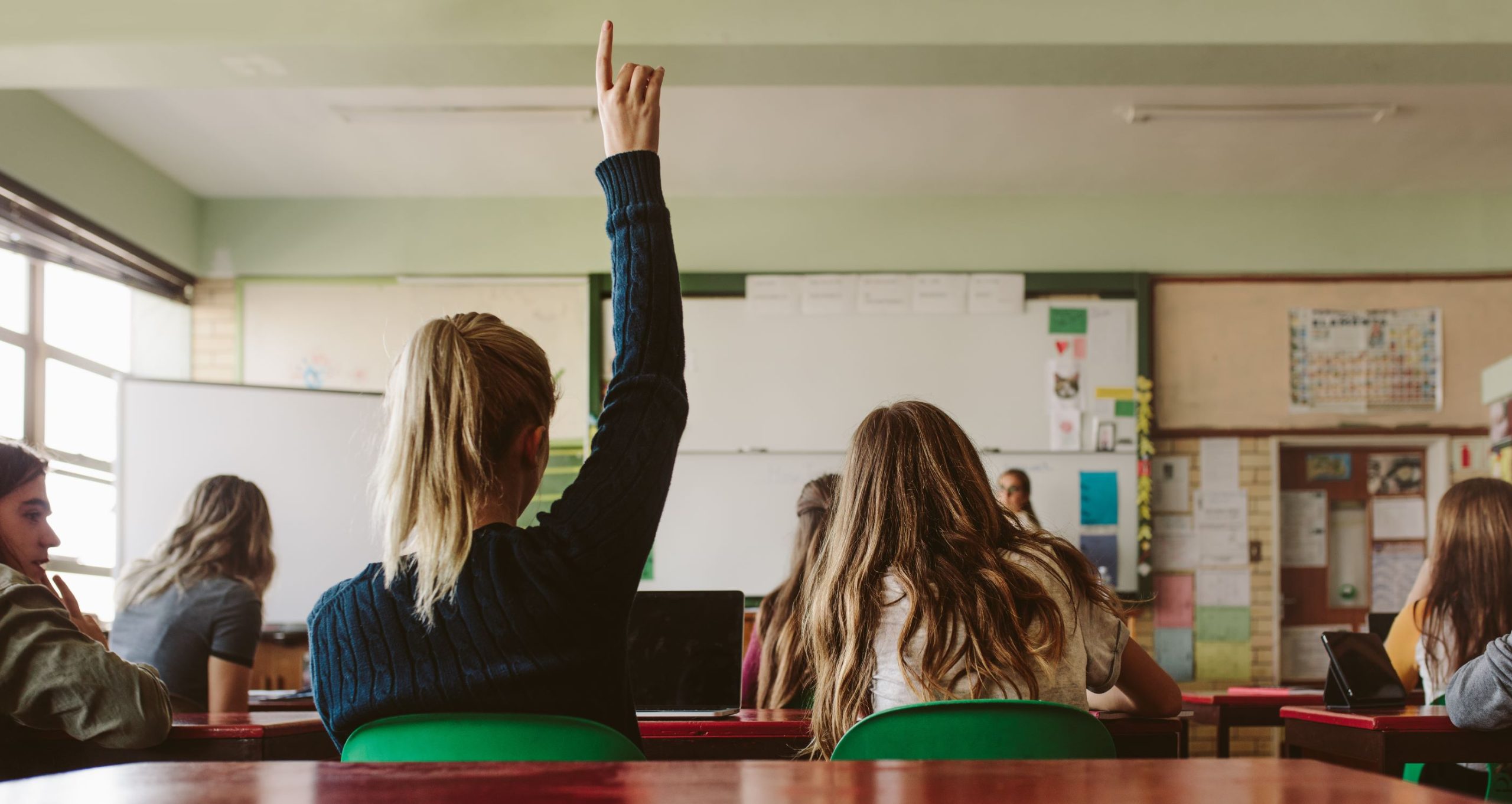
- Are you supporting a young person who has reported being sexually assaulted by a school peer?
- Is that person expected to continue in school with the perpetrator still there?
- You may be able to protect them from this by raising awareness of the victim’s legal rights under the Human Rights Act 1998.
“The school thinks they have a sexual predator in Year 13, but they can’t take action against him because the police haven’t charged him for anything.”
These words were uttered by a teacher from London in early 2022. They encapsulate the complete lack of understanding in schools about how they should respond to credible allegations of sexual assault by students.
Schools have failed to understand that the police response and the school response are governed by different priorities and different laws. The police pursue criminal justice and the burden of proof that operates in this arena is “beyond reasonable doubt”. The response from a school to a credible allegation of sexual assault needs to be rooted in the principles of good safeguarding but must also take into account civil law obligations such as the Human Rights Act and the Equality Act. In civil law the burden of proof is “on the balance of probabilities” which is a much lower burden of proof than the criminal courts use.
Since September 2018, the Department of Education (DfE) Guidance, Keeping Children Safe in Education, is explicit that when handling allegations of sexual assault by a student, schools must take account of the Human Rights Act 1998 and the Equality Act 2010. Section 84 of the DfE guidance states this:
Under the HRA, it is unlawful for schools and colleges to act in a way that is incompatible with the Convention. The specific Convention rights applying to schools and colleges are:
• Article 3: the right to freedom from inhuman and degrading treatment (an absolute right)
• Article 8: the right to respect for private and family life (a qualified right) includes a duty to protect individuals’ physical and psychological integrity
• Article 14: requires that all of the rights and freedoms set out in the Act must be protected and applied without discrimination, and
• Protocol 1, Article 2: protects the right to education.
The problem is that schools don’t understand what this means in practice. And because they fail to understand, the legal rights of victims are denied, and the victims, largely girls, suffer all kinds of additional harm compounding the injury from the sexual assault. This website is here to help victims and their carers understand their legal rights when schools fail to protect them after sexual assault from further unwanted contact with the perpetrator in school.